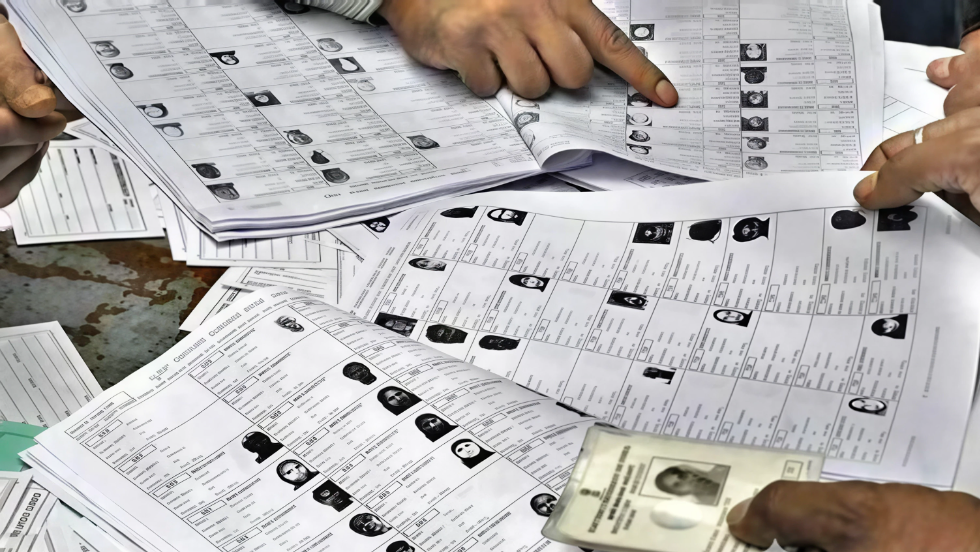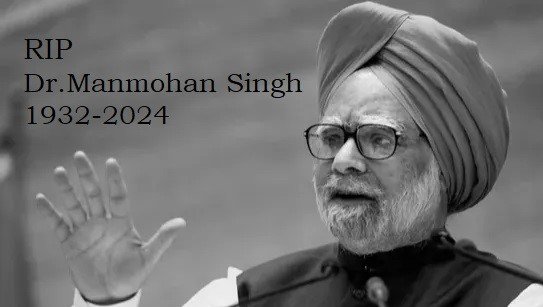India's new criminal justice system, by Indians, for Indians
- Rommel Rodrigues
- Jul 07, 2024

MUMBAI: India’s criminal justice system, starting this month will see a major overhaul as three new criminal laws, Bharatiya Nyaya Sanhita (BNS), Bharatiya Nagarik Suraksha Sanhita (BNSS), and Bharatiya Sakshya Adhiniyam (BSA) will replace the colonial-era Indian Penal Code (IPC), Code of Criminal Procedure (CrPC), and Indian Evidence Act, respectively which have been the bedrock of India's criminal justice system for years. The new laws were passed by Parliament last December, with Home Minister Amit Shah, who had piloted the change, saying that the legislation would give priority to providing justice, unlike the British-era laws that gave primacy to penal action.
With the implementation of the new laws India's legal landscape is on the brink of transformation aimed at overhauling the existing colonial-era statutes although these changes are being hailed as monumental, they also raise several critical questions about their implications and effectiveness will herald a new era in justice delivery in the country.
One of the primary goals of the new laws is to simplify the language and provisions to make them more accessible to the common citizen. This is a welcome move, as the current laws are often criticized for their archaic and convoluted language. The new laws also propose several measures to make the criminal justice system more victim-centric. This includes provisions for victim compensation, witness protection, and fast-tracking certain types of cases. These changes are crucial for addressing the long-standing issue of victim neglect in the justice process.
The new laws aim to decriminalize several minor offences and rationalize punishments to ensure that they are proportional to the crime. This is expected to reduce the burden on the judiciary and allow for more focus on serious crimes. One very important and crucial feature is technological integration. Emphasizing the use of technology, the new laws propose the digitization of records, the use of video conferencing for trials, and the electronic submission of evidence. These measures can significantly enhance efficiency and transparency in the legal process.
While the proposed changes are ambitious and have the potential to bring about significant improvements, Certain sections of the justice system are debating on the drawbacks and the primary ones are the implementation challenges. The success of these new laws hinges on effective implementation. India’s legal system is notorious for its delays and backlogs, and merely enacting new laws without addressing systemic issues such as infrastructure and resource constraints may not yield the desired results. Some also critics argue that the new laws might lead to an over-centralization of power, potentially undermining federal principles. The balance between state and central authority is delicate, and any perceived erosion of state powers could lead to political and administrative friction.
Then there are concerns that increased executive control over certain aspects of the criminal justice process might impinge on judicial independence. The judiciary's autonomy is a cornerstone of democracy, and any encroachment upon it can have far-reaching consequences. Those concerned with human rights argue that while the laws aim to be more victim-centric, there are apprehensions about potential human rights violations, particularly with regard to provisions related to detention and surveillance. Thus ensuring that the new laws comply with constitutional and international human rights standards will be crucial.











Reporter
Rommel is our Editor. He has close to three decades of experience in leading publishing houses including, Fortune India, Observer of Business & Politics, The New Indian Express etc.
View Reporter News